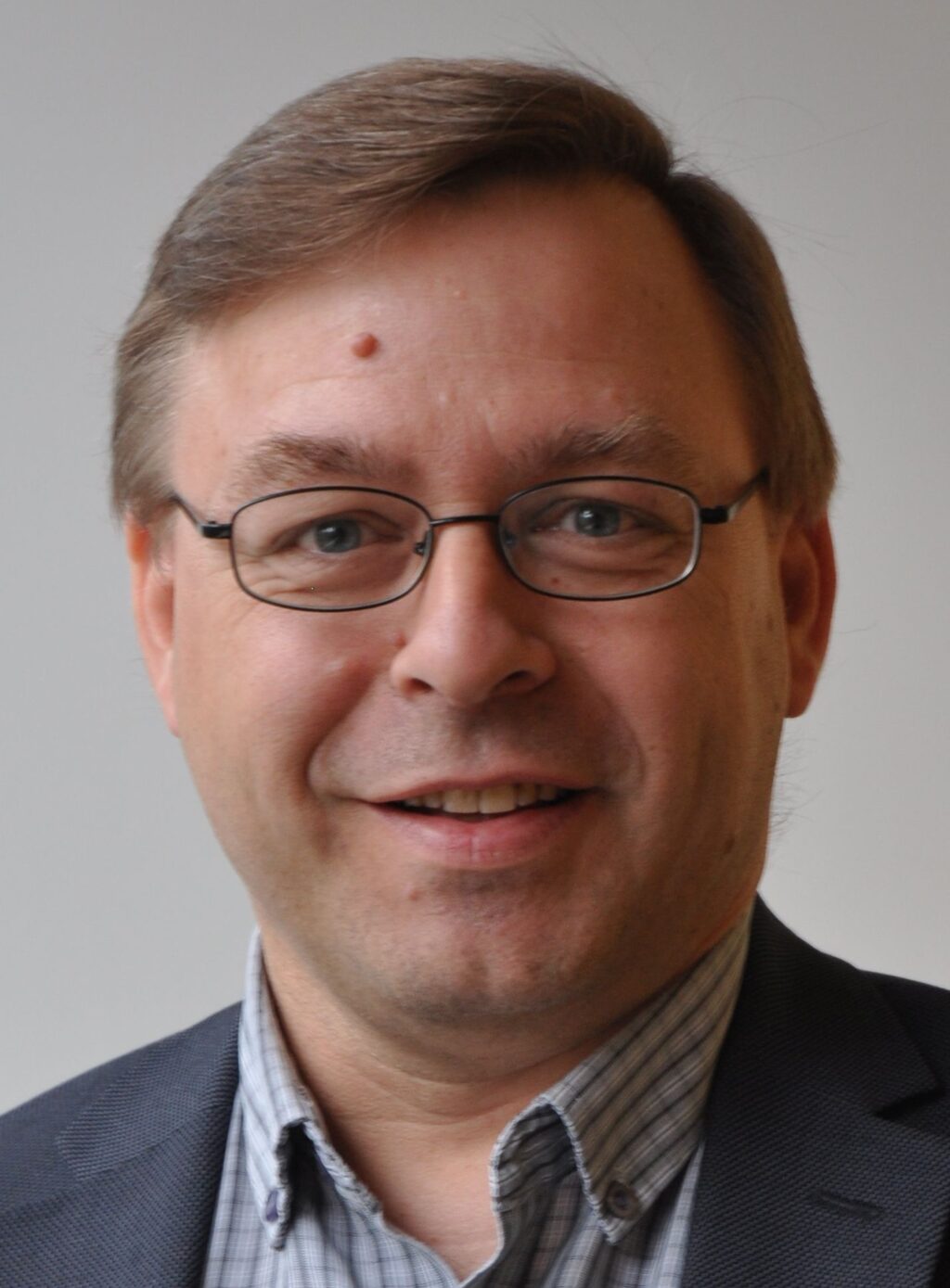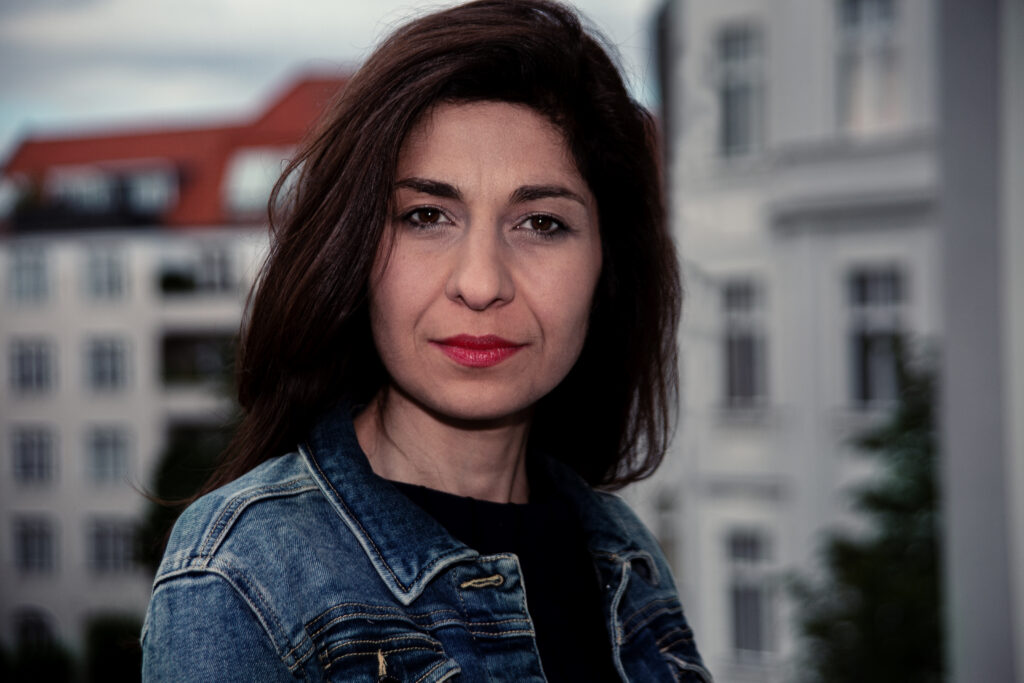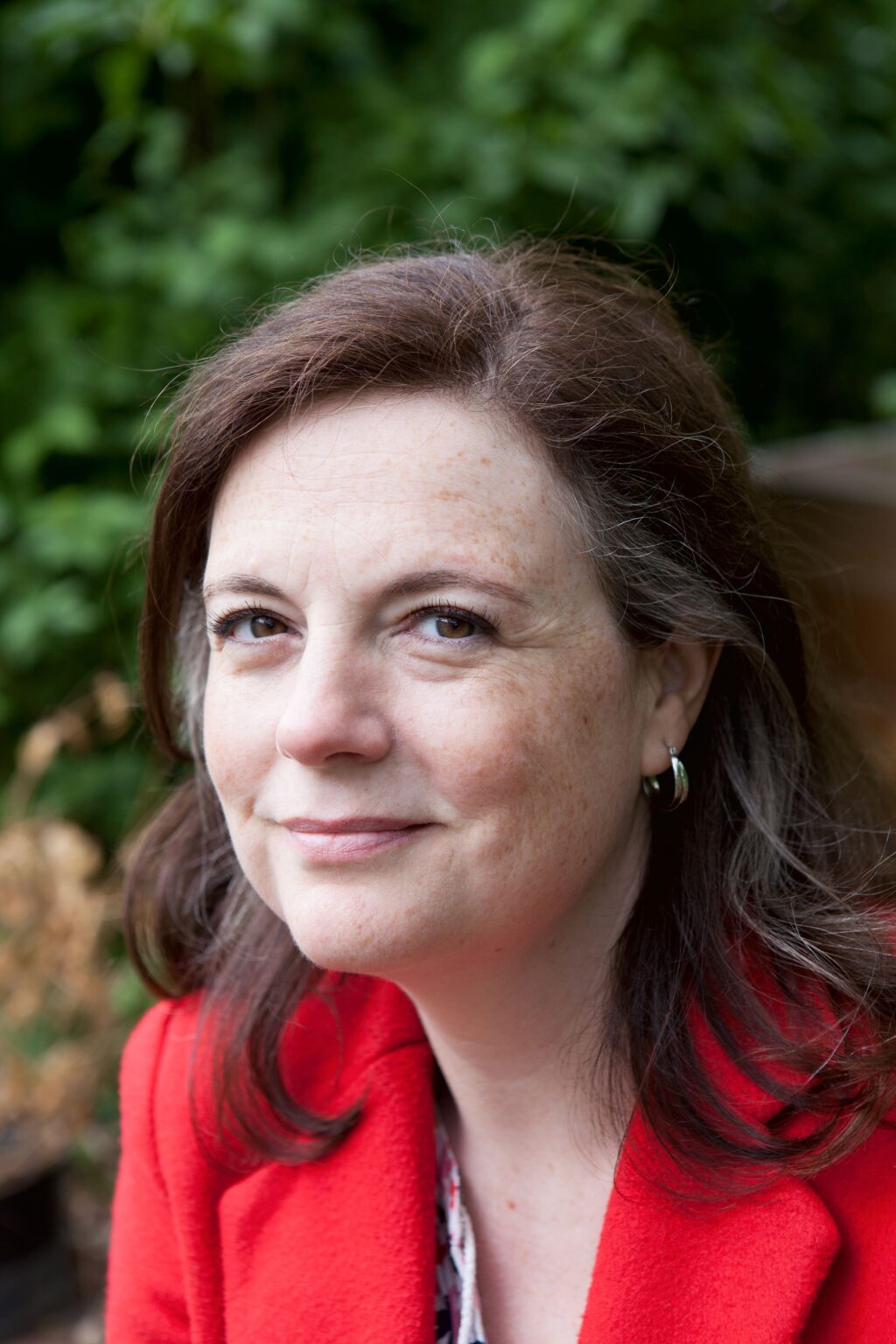The British Centre for Literary Translation, in partnership with the National Centre for Writing, holds a much-cherished Literary Translation Summer School each year. The event brings together writers and translators from around the world, for an immersive programme of highly-practical literary translation and writing practice. The week-long event also includes panel discussions and short talks on industry topics, and readings with both authors and literary translators.
We sat down with author and editor, Asal Dardan; publisher and translator, Katy Derbyshire; and Academic Director of the School Duncan Large, to find out more about what makes the week such a special event in the translation calendar.

Duncan Large © private 
Asal Dardan © Sarah Berger 
Katy Derbyshire © Anja Pietsch
The interview follows below, and you can now read a report on the Summer School by Charlotte Wührer, who received a bursary from New Books in German to take part in the 2021 session. Future bursary opportunities will be advertised on our website and social media.
Thanks to all three of you for taking the time to speak to New Books in German today. How and where are you? And what are you up to at the moment?
Katy: I’m in a vibrant mood because the sun is shining and that’s one of the few pleasures I don’t make myself during lockdown – in Berlin, at my desk in the corner of my living room. The light is gorgeous. I’m preparing for a couple of online events in my various roles as translator, publisher and Dead Ladies Show co-host…
Asal: I moved back to Berlin with my family last summer, which means I’m also enjoying the sun shining through my window right now. However, I have to admit that I feel quite exhausted. It isn’t easy promoting a book while having to take care of homeschooling and a regular job. All in all, I’m happy though, I get to talk about writing and am granted more and more possibilities to write and also be read.
Duncan: I’m at home in Cambridge, coming to the end of a teaching term at UEA that has been conducted entirely online. I’ve been on campus just a handful of times over the last twelve months, mainly to grab books from my office shelves, and our entire BCLT programme has been online. I’m really excited to be rounding this term’s events off with a book launch symposium for the first title in a new series I’m editing for Routledge.
Duncan, can you tell us a little bit about the summer school and how it came about? How has the programme developed over the years? What have you learned along the way?
The BCLT Summer School was founded in 2000 by my predecessor Peter Bush. The basic principle has remained unchanged since then: parallel groups of translators from different languages work together over a week with an author and workshop leader, to produce a consensus translation of a sample of the author’s work.
The combination of languages changes every year, depending on arrangements with funders, and we’re always looking to innovate in other ways, too. For example, in 2014 we suspended the usual programme and held a “Summer School Summit” with previous workshop leaders, thinking about best practice. As a result, the following year we introduced multilingual groups, and sessions in Creative Writing for Translators, both of which have become mainstays of our programme.
We also introduced the “Training the Trainer” strand, which has become increasingly prominent in recent years. Last year was the first time we ran the whole event online: we introduced a number of new features, and thankfully the feedback was very positive so we’re keeping most of them. The main thing we’ve learned along the way is not to try to manage everything from the centre, but to give workshop leaders the autonomy to run their groups as they think best.
Translation can often be thought of as a solitary task. Can you take us through some of the benefits of bringing people together to discuss the craft behind it?
Duncan: Very often groups will take the whole week to cover just a couple of pages of the text, and workshop leaders will encourage them to take their time over the discussions. The event is all about process rather than product – the process of consulting and discussing with the rest of the group, perhaps persuading your colleagues or allowing yourself to be persuaded, always in the interest of arriving at a solution that everyone is at least comfortable with.
It’s about learning from others and re-examining your own practice, but also gaining confidence in your ideas and skills. The result is always an intense experience, and people are usually happily exhausted by the end of the week!
Katy, what is it that you enjoy about being a tutor on this course? What can translators with varying levels of experience learn from each other?
I love watching other translators work! It’s a very rare opportunity because of course we almost always translate alone. It’s wonderful to join in discussions on word choices, tone, meaning, rhythm – and look on as a new piece of writing is painstakingly forged out of the original.
Translators who are just starting out often bring a new perspective to the table, or ask questions about things more experienced translators may have stopped consciously considering. They have access to other resources from their previous jobs or studies, which can be really useful – I first encountered Google Ngram at the Summer School, for instance. And for those of us with more experience, finding words to describe processes that might have become automatic makes us reflect on how we work, and that only makes us better translators.
Asal, many congratulations on your book Contemplations of a Barbarian which came out in February. Your publisher describes how ‘in an illuminating confrontation with German society’ you search ‘for a common language, for bridging the eternal contrast between “we” and “others”’. Fitting then that you should be looking at the text with a group of translators at the Summer School. What drew you to take part in the event?
Thank you so much. I’m so excited and overwhelmed that I can share my writing and thoughts with other people now that the book is out. It’s a gift to hear what other people take away from my essays, how they interpret the things I write about and how I write about them. That’s why I feel honoured and happy to be part of this year’s Summer School. Especially now during the pandemic, where there is a lack of readings and events, which offer the opportunity to meet and talk to people one wouldn’t meet otherwise.
Asal, have you worked much with translators before?
Actually, I have two kids with a literary translator. So, in terms of care-giving work at least I have indeed worked an awful lot with one! I have also translated myself, mainly film scripts such as “Toni Erdmann” by Maren Ade or “Western” by Valeska Grisebach. I wouldn’t call myself a translator though. I hold a great deal of respect for the profession, so much knowledge as well as creativity go into a good translation. I can’t wait to see how my own texts will be translated.
What are you each looking forward to most about the week?
Katy: Getting to hang out with fellow translators all day, every day. And getting together with the team too and learning from them.
Asal: Learning more about language and its flow, about other people’s thoughts on my way of using language. Getting to know nice people too, of course.
Duncan: there’s always such a buzz to Summer School week. It’s amazing how well the groups manage to bond through the shared experience of translating together.
As the pandemic has caused much of life to move on line, including a number of cultural and training events, what have been the impacts on writing and translation? / How has this affected you?
Katy: The main impact on my translation work has been indirect. Little has changed in terms of how I translate, except the place where I do it (usually in an office rather than at home). But I am feeling the lack of live events and contact to other readers, translators and publishing people. The cancelled book fairs have left a huge gap, including in terms of rights sales, which I expect to have a delayed effect on the numbers of books published in translation.
On the bright side, I’m impressed by how some parts of the literary world have embraced virtual formats and I hope we’ll continue to use these new skills we’ve developed to make events more accessible for those who can’t travel.
Asal: It’s been similar for me. My life on the Swedish Island of Öland prepared me quite well for life during lockdown. That feeling of isolation was also part of why I wanted to move back to Berlin. On the one hand I feel we are set-up much better than many other people, on the other I do miss meeting people more casually and in more open formats and spaces.
Duncan: at BCLT our funding has, thankfully, not been under threat, so we’ve been very aware of the need to keep our programme running, to keep offering opportunities and paying translators, keep interesting the public in literary translation, keep training and educating the new generation of translators. In common with a lot of places, I imagine, we approached the switch to online operation thinking of it as faute de mieux, and were initially wrapped up in the logistics of it, but we soon appreciated the real advantages, like accessibility and international reach.
Duncan, I understand you aim to have the best of both worlds by alternating each year between online and in person Summer Schools?
Yes, that’s right. We’ve already been talking to sponsors about Summer School 2022 on the basis of an in-person event again, but we’re also conscious of the advantages of online operation. Rather than try to run a hybrid event we’re planning to alternate in-person and online versions in successive years (so far as government restrictions permit).
How can events like this one contribute to widening diversity in the translation profession?
Katy: I hope the lack of travel and accommodation expenses will make less of a dent in participants’ wallets and encourage people on lower incomes to take part, along with the higher number of bursaries. And of course people all over the world can now come along!
Duncan: That’s absolutely how we see it. We were delighted to be able to involve people from much further afield last year than usual, and the added flexibility of online operation meant that people could take part who wouldn’t ordinarily have been able to commit such a chunk of time. This year the number of bursaries is even greater than last, including several targeting groups that are under-represented in the translation profession.
What would you say to anyone who is wavering about signing up?
Katy: Attending the Summer School back in 2006 changed my life, made me a better translator and gave me the contacts and confidence that helped me get my first book-length translations published. At the very least, it will be an intense experience!
Duncan: It’s the highlight of our year at BCLT, and we’re always pleased at how many participants from previous years apply to come again.
And finally, any stand out experiences from previous events?
Katy: Always the final presentations of the translators’ work. Impressive readings, thoughtful ideas and a tangible sense of achievement on the air.
Duncan: the camaraderie of the in-person events is always memorable, and what was really striking last year was how that was still in evidence even with an online version. We’re working hard to make this year’s event as sociable as possible again.
Thanks all of you for your time.

